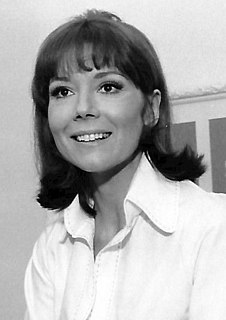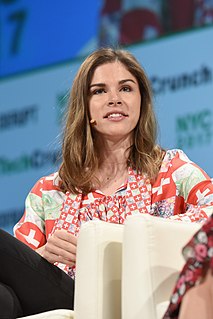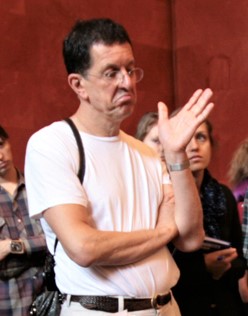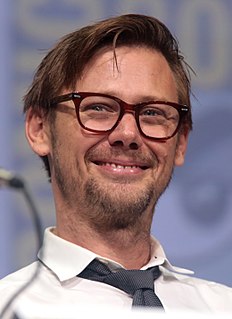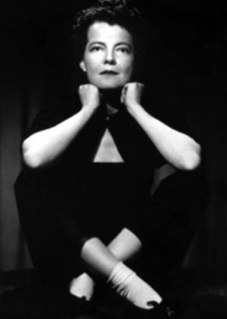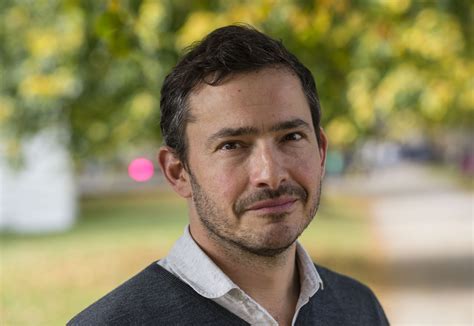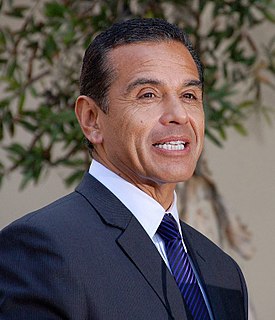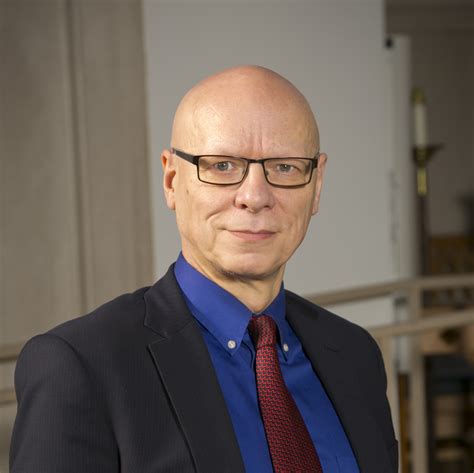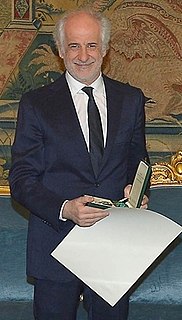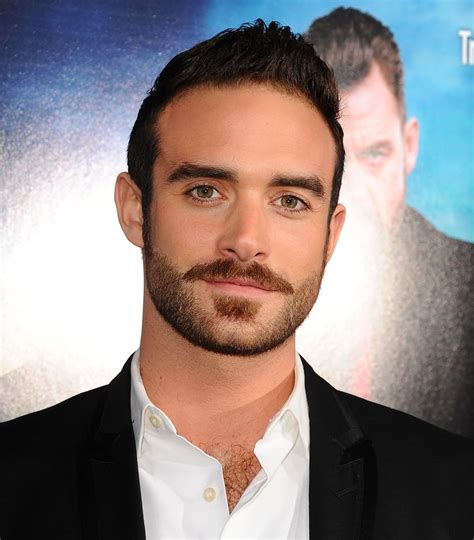A Quote by Diana Rigg
I don't mean to be oily, but critics are very much part of the theatre.
Related Quotes
I read reviews of critics I respect and feel I can learn something from. Right now there are a lot of bottom-feeder critics who just have access to a computer and don't necessarily have an academic or cinema background that I can detect, so I tend to ignore that and stay with the same top-tier critics that I've come to respect. I like reading a good review - it doesn't have to be favorable, but a well-thought-out one - because I very much appreciate the relationship of directors and critics.
Well, I think critics are very useful. But I think that they, in a way, betray their position when they stop people looking for themselves. Judgment is very easy, but I think, on the whole, professional critics maybe see too much, and compare too much, and forget the joy of actually looking and contemplating for its own sake.
